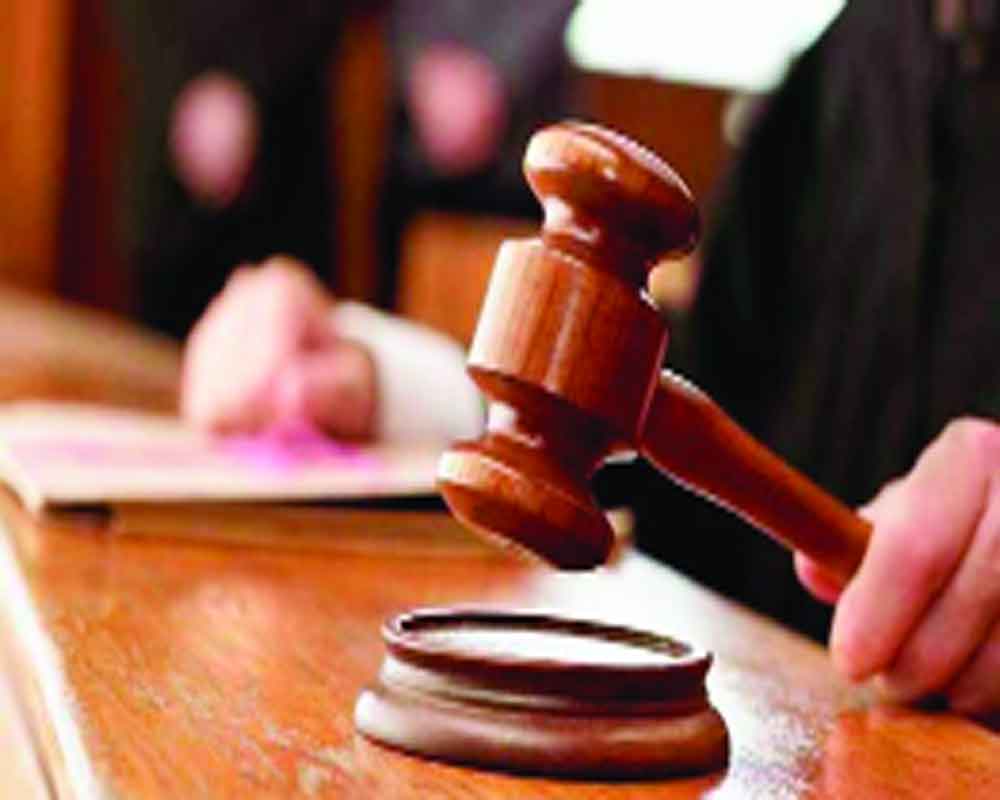There are concerns regarding judicial accountability, which makes a strong case for the disclosure of assets by judges in the higher judiciary
Recently, an action taken report was tabled in Parliament by the Standing Committee on Personnel, Public Grievances, Law and Justice during the budget session. It was in furtherance of the recommendations of the 133rd report of the same standing committee titled “Judicial Processes and Their Reform.”
Out of the many recommendations made in the report, one crucial to the facets of democracy is the “Mandatory Declaration of Assets by the Judges of the Supreme Court and High Court.” The importance of disclosure of assets can be deduced from the words of Justice Warren E. Burger (former Chief Justice of the US Supreme Court), wherein he said, “A court which is final and unreviewable needs more careful scrutiny than any other.” Therefore, scrutinising the assets of judges officiating in the higher judiciary is important to maintain a legitimate check.
Past Attempts and Current Practice
Previously, two attempts were made for the disclosure of assets by Judges in the higher judiciary: first in 1997 and another in 2009. Both were by way of court resolution and did not yield any positive results. Also, in 2009, a bill was tabled, named “The Judicial Standards and Accountability Bill,” which lapsed due to the dissolution of Lok Sabha.
Why Disclose?
Judges have rectified many wrongs, but instances like those of Justice Dinakaran and Justice Ramaswami indicate that the house is not in order. Additionally, in one instance, a retired High Court Judge paid a bribe of 8.5 crore to become Governor, and in another case, an envelope of 15 lakhs was meant for a Judge from the Punjab & Haryana High Court. These incidents raise eyebrows against the higher judiciary. Here, we need to heed the words of Justice V. R. Krishna Iyer, who wrote in one of his articles that “Corruption and decline are now creeping into the vitals of the Higher Courts, and the urgent need to arrest this trend.” If making assets public is mandated, a deterrent factor will act on the higher judiciary, keeping them conscious of their actions.
Time Demands Parity!
Failing to disclose assets proactively (with exceptions) or not passing administrative orders to bind themselves to disclose assets, Hon’ble Judges in the Higher Judiciary have created a room that alleges the breach of equality, both vertically and horizontally.
When it comes to vertical treatment, for instance, in Uttar Pradesh, the Hon’ble Allahabad High Court warrants judicial officers in the district judiciary to disclose the commodities they buy, exceeding a certain multiple of their basic pay. This is done by issuing circulars at regular intervals. Also, via the vigilance department in various High Courts, checks are kept over judges in the district judiciary by taking details of their assets and properties. Sadly, High Courts have never bothered to issue the same circular for themselves. Now, the judges should remember that they are the court which often emphasises the need for equal treatment.
It is pertinent to note that the demand for disclosure of assets has been backed by doyens in the bar too. Fali S. Nariman, in his book “The State of the Nation,” mentions the disclosure of assets, and in 2009, Shri. K.K. Venugopal, seconding the opinion of Justice Shylendra, said that “judges should give full disclosure of their assets.”
What Lies Ahead
It is now for the central government to amend the High Court Judges Act (1954) and the Supreme Court Judges Act (1958), thereafter attaching a preamble to the Acts, which specifies its purpose as “for promoting accountability and transparency.” This is necessary because section 24 in both Acts (pari-materia) allows the central government to frame rules only for the purpose of these Acts. Unfortunately, the purpose for accountability is nowhere to be seen in these Acts as of now.
(Author is a Delhi-based advocate; views are personal)


























